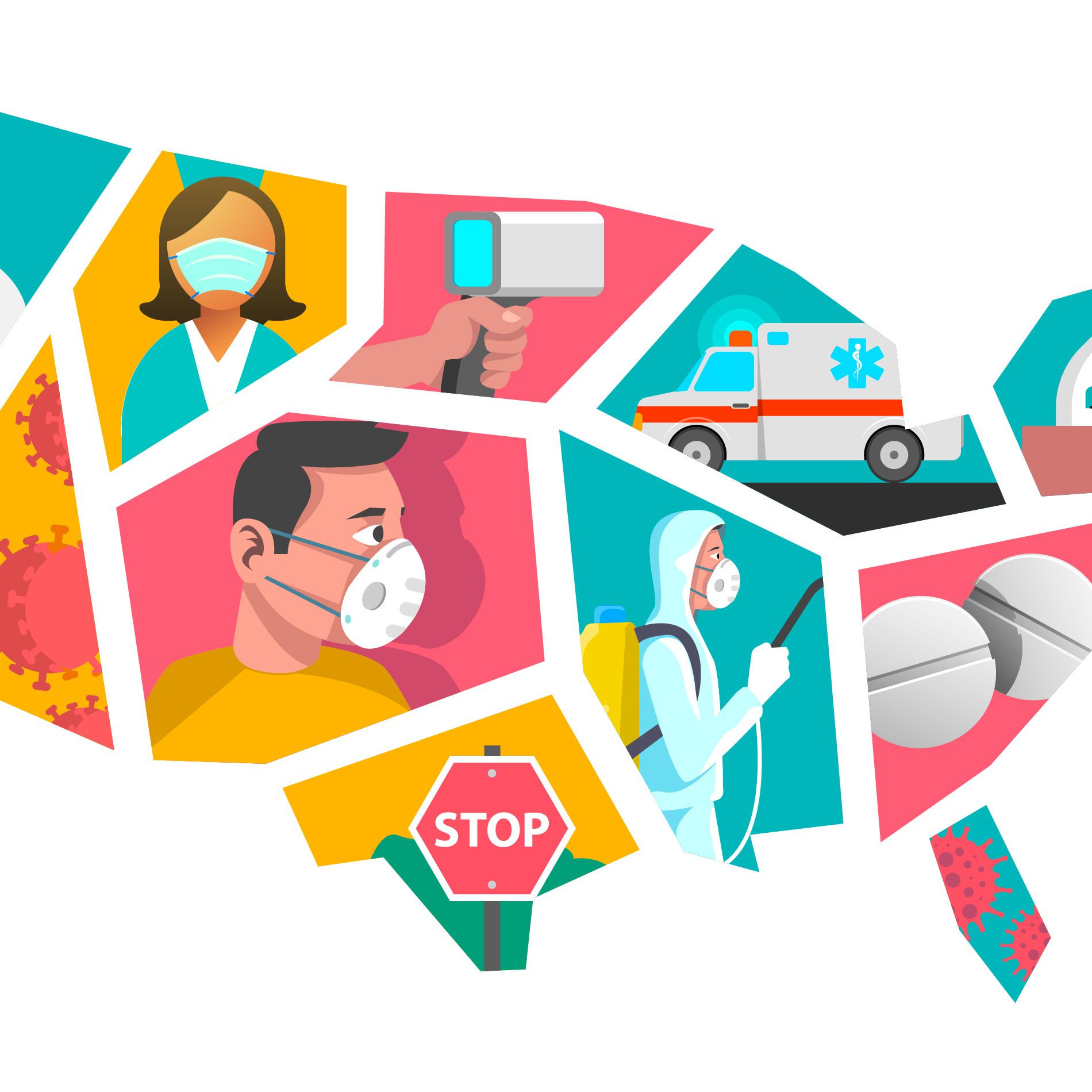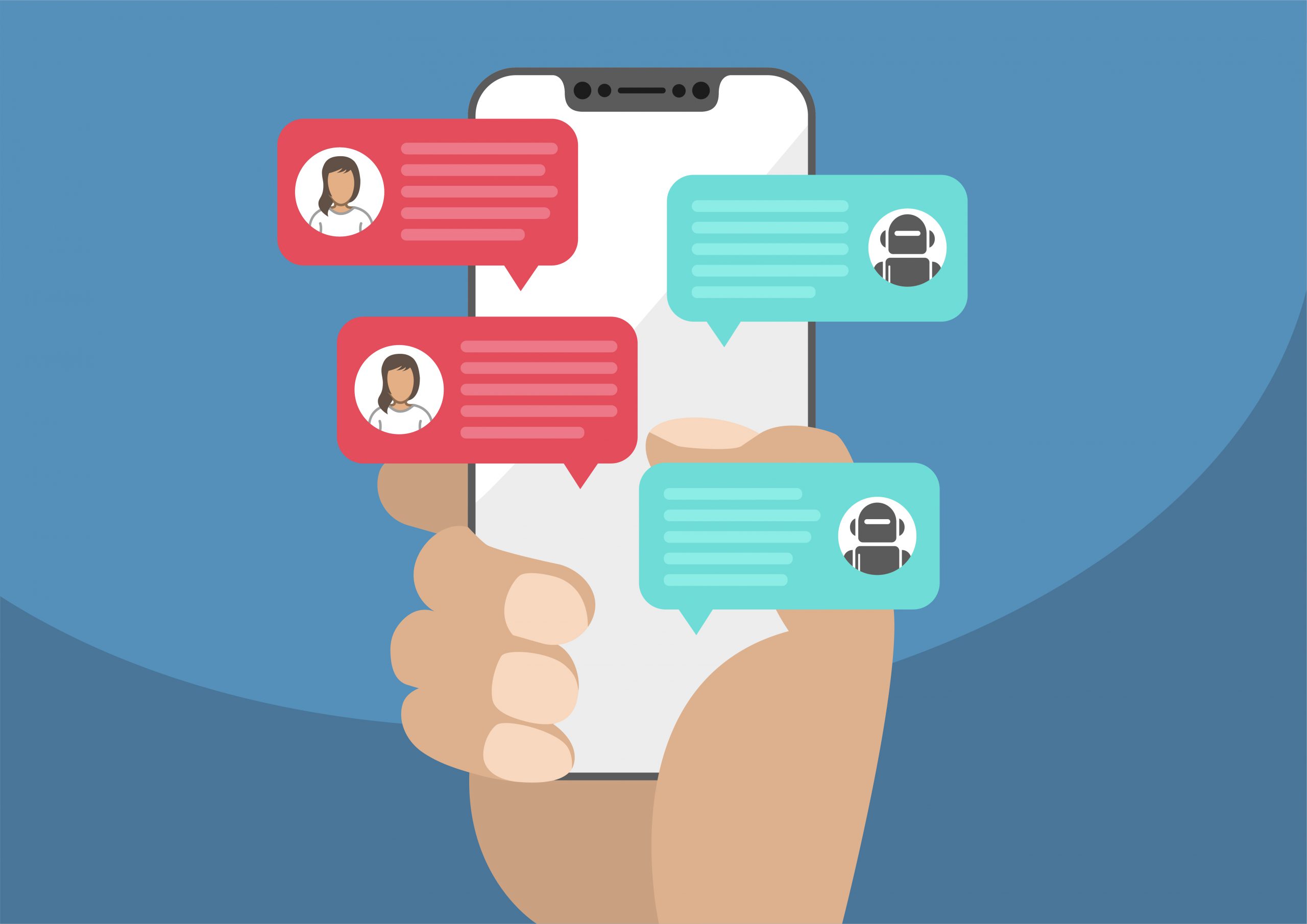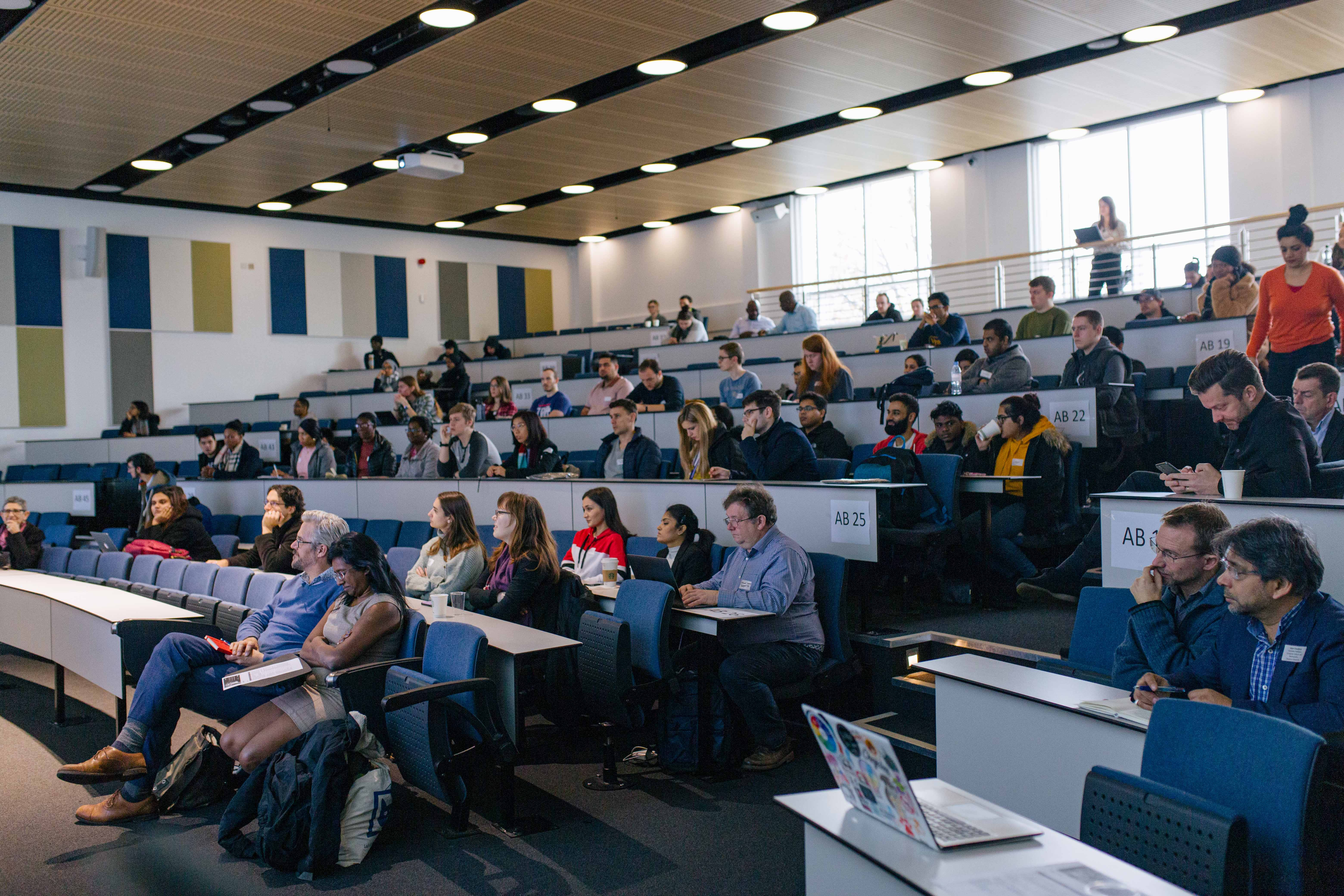Sign Up for Our
Updates
I am enormously passionate about driving both gender and racial equality at Alphalake Ai. In part, this is because in the words of my five year old, it’s just not fair. No one should ever be judged for the colour of their skin, their gender, their sexual orientation, the way that they dress, their accent, their age, their nationality… the list goes on.
I am a straight, white, cisgendered woman, so inherently privileged. I saw an eye-opening video several months ago talking about how privilege is not what we have but what we DON’T have to experience. I never have to worry about being shot because of the colour of my skin. I never have to worry about being beaten because of my sexual orientation. I don’t need to worry about the president discriminating against me because I am transgender.
But I do find myself as part of the minority in the tech industry. In a world where tomorrow’s jobs will be dominated by IT, technology, data analysis and Ai, there are not enough women studying these fields. But what is the flow on effect from this? And how do we correct it? Let’s start by taking a look at the stats.
Gender Equality
Did you know that we are more than 73,488 days or more than 200 years away from closing the economic gender gap if we continue at the current rate?
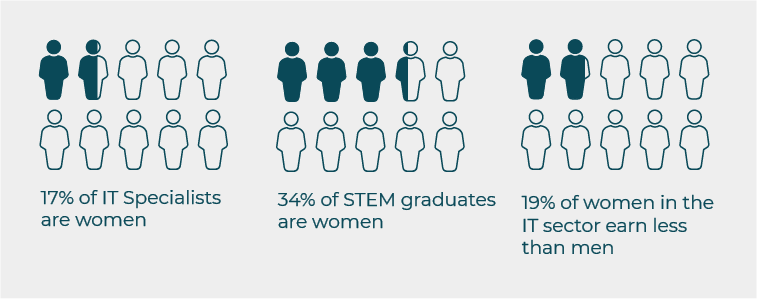
www.womentech.net/en-au/women-technology-statistics
Racial and Nationality Equality
In the health industry, it is easy to see doctors and health professionals of different nationalities and assume that racism isn’t a huge issue. This assumption is incorrect. Brexit brought out a wave of racism in the UK, with many healthcare workers feeling unsafe and being verbally abused. And while you may see a range of different coloured skins in the hospital setting, the statistics tell a different story at the senior levels.
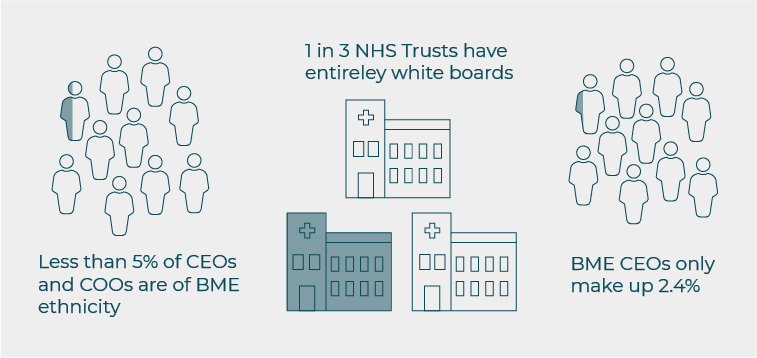
Why is it so Important?
Beyond the obvious, in the tech space there are already concerns that artificial intelligence will amplify any inequality in society. There have been a number of examples of this already, as Ai algorithms are built using data from humans that incorporates the bias that already exists.
So, when a team of primarily men built the LinkedIn job search algorithm, it ended up showing more higher paying jobs to men that it did to women. When a group of white men built Pokemon Go, there were very few Pokemon located in black neighbourhoods, because the creators of the game weren’t as familiar with these areas.
When you apply that kind of bias to healthcare, it becomes not only unfair but dangerously so. A US based study examined the inbuilt bias in an algorithm that had been created by a health benefits organisation to predict health vulnerabilities. Because the algorithm collated future risk of health problems to past health costs, the health risks in black patients were vastly underestimated.
As a group, the black patients had less access to care even when they were unwell compared to white patients, and therefore much less money had been spent treating them. This wasn’t an accurate picture of the health of the patients, and in fact this kind of bias is self-perpetuating and prevents minority groups from ever receiving an equal quality of care.
A major issue here is that frequently there is no transparency around bias in algorithms. Ai calculations are often referred to as a “black box” because the complexity of calculations and the breadth of data make it hard to understand the source and influences on the outcomes or predictions.
So what can we do?
Here at Alphalake Ai, we are fortunate enough to work with a truly global team. I am the token Aussie, working with people in the UK, India, the UAE, Tanzania, Latvia… Everyone brings a unique skill set and perspective and we all have a voice in discussions which impact the company.
We also have a number of highly intelligent women in the team, both in tech roles and leadership roles. But we aren’t resting on our laurels because there is still a long way to go to reach equity.
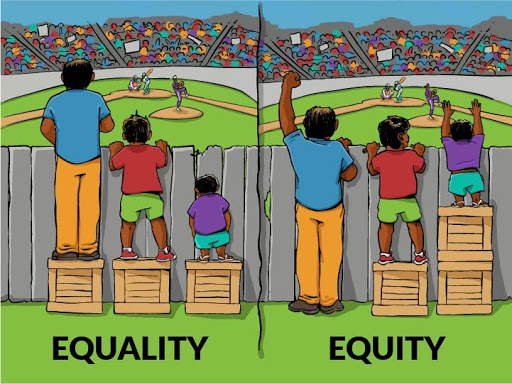
Interaction Institute for Social Change | Artist: Angus Maguire
Some of the steps that we are taking to work towards a more equitable and diverse workplace include:
- Ensuring a representation of different races, nationalities and genders on our event panels
- Analysing and questioning data sources and assumptions of collaboration to minimise bias in data sets wherever possible
- Offering equal training and promotion opportunities regardless of what country you live in and your gender
- Having regular conversations
- Speaking out on social media and in real life against racism, ageism, and sexism
- Learning about and celebrating events from our teams different cultural backgrounds
- Encouraging every team member to have a voice and share their opinion in our team meetings
- Offering flexible working hours and arrangements
Equality should be top of mind for us all. Because these stats just aren’t good enough and I passionately believe that each and every one of us has a responsibility to work towards equity in the workplace and at home. The standard that you walk past is the standard that you accept and I, for one, refuse to accept the status quo.
